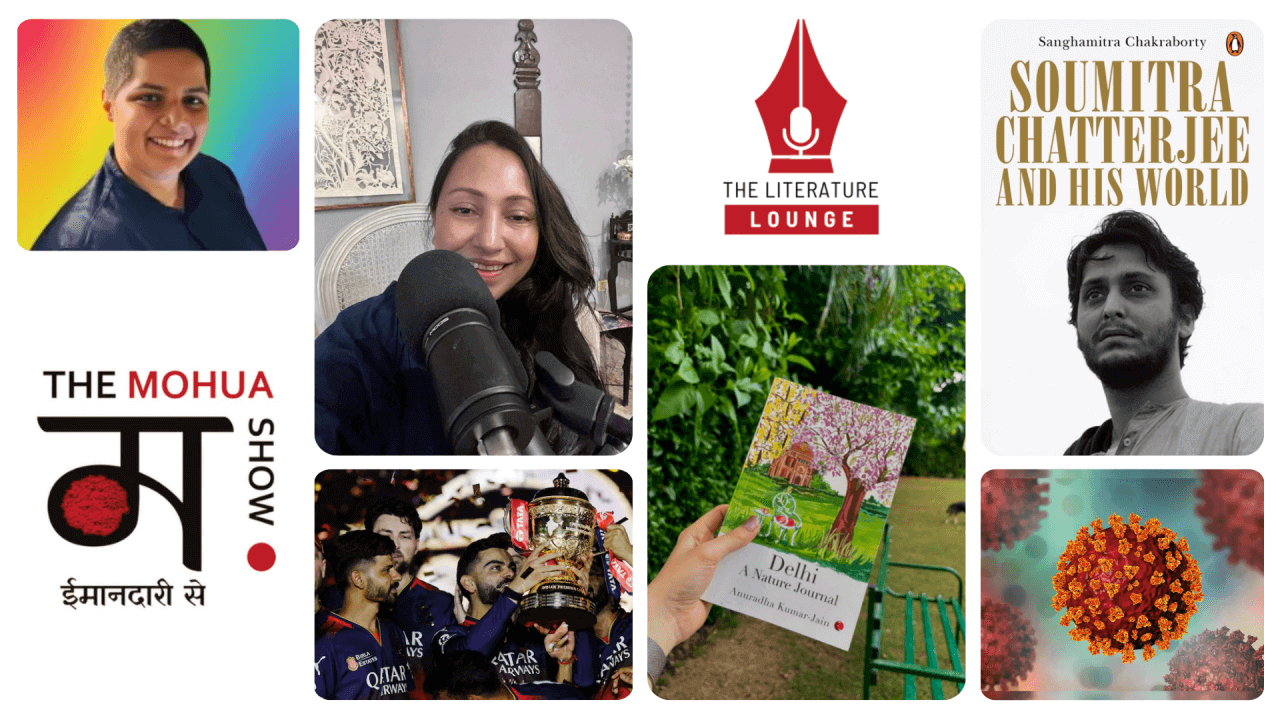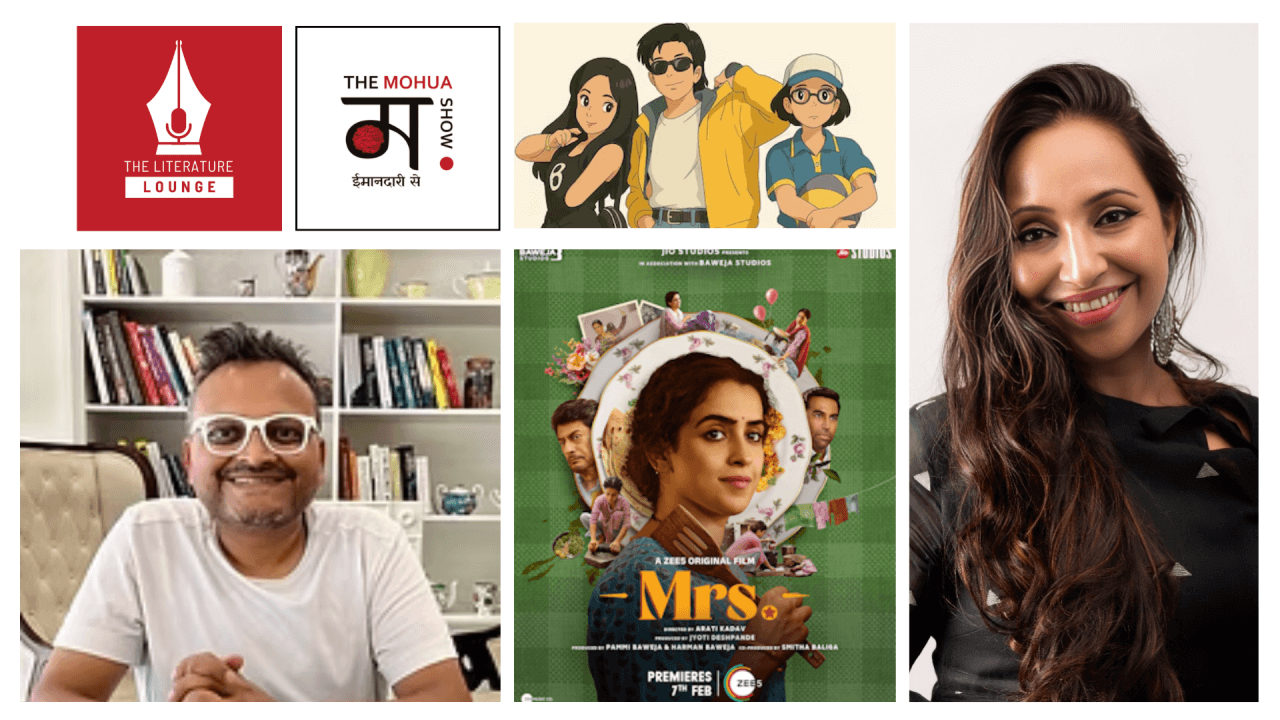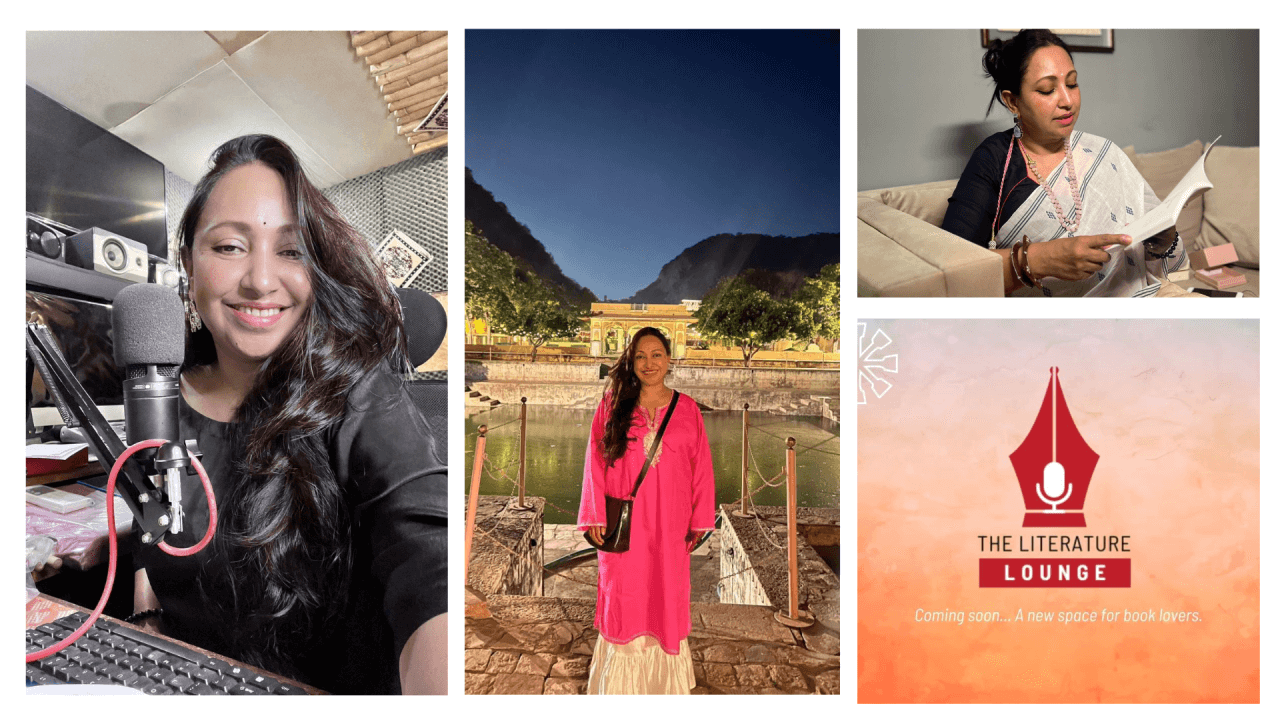Cinema Across Cultures: A Journey through International Film
In a world interconnected by technology, where borders blur and cultures mingle, cinema stands as a powerful medium to explore the diversity of human experiences. From the bustling streets of Mumbai to the serene landscapes of Scandinavia, international cinema offers a window into different cultures, traditions, and perspectives. In this blog post, we embark on a journey through the rich tapestry of global cinema, exploring how films from various cultures resonate with audiences worldwide.
Exploring Cultural Diversity through Film
One of the most captivating aspects of international cinema is its ability to transport viewers to unfamiliar worlds, immersing them in diverse cultures and traditions. From the vibrant colors of Bollywood musicals to the minimalist aesthetics of Japanese cinema, each culture brings its unique flavor to the silver screen.
For instance, the films of acclaimed Iranian director Abbas Kiarostami offer profound insights into Iranian society, exploring themes of family, tradition, and spirituality. Through masterpieces like “Taste of Cherry” and “The Wind Will Carry Us,” Kiarostami invites audiences to ponder the complexities of life in Iran, shedding light on its rich cultural heritage and the struggles of its people.
Similarly, the cinema of South Korea has gained global recognition for its bold storytelling and innovative filmmaking techniques. Directors like Bong Joon-ho have captivated audiences with thought-provoking films such as “Parasite,” which delve into social issues and class dynamics in contemporary Korean society. These films serve as a testament to the power of cinema to transcend linguistic and cultural barriers, fostering empathy and understanding across borders.
Challenges and Opportunities in Cross-Cultural Filmmaking
While international cinema offers a wealth of diverse narratives, it also presents unique challenges for filmmakers seeking to bridge cultural divides. Language barriers, differing artistic sensibilities, and socio-political contexts can pose obstacles to cross-cultural collaboration. However, these challenges also present opportunities for filmmakers to push the boundaries of storytelling and create truly transcendent works of art.
In recent years, initiatives like film festivals, co-productions, and international collaborations have helped facilitate greater exchange and dialogue between filmmakers from different cultures. Platforms like Netflix and Amazon Prime have also played a crucial role in making international films more accessible to global audiences, allowing viewers to discover hidden gems from around the world with just a few clicks.
Furthermore, the rise of streaming platforms has enabled filmmakers to reach broader audiences and tell stories that might not have found distribution through traditional channels. This democratization of the film industry has opened doors for emerging voices from diverse backgrounds, fostering a more inclusive and representative cinematic landscape.
Celebrating Diversity in Cinema
As we celebrate the rich diversity of international cinema, it’s essential to recognize the role that film plays in shaping our perceptions of the world and fostering cross-cultural understanding. By engaging with films from different cultures, we gain new insights into the human experience and develop empathy for people whose lives may be vastly different from our own.
Whether it’s the soul-stirring dramas of India, the poetic realism of French cinema, or the bold experimentation of Latin American filmmakers, each culture brings its unique perspective to the world of cinema. By embracing this diversity and seeking out stories from voices often marginalized in mainstream media, we enrich our cinematic experience and broaden our horizons.
In conclusion, cinema across cultures offers a mesmerizing journey through the complexities of the human condition, transcending geographical boundaries to unite audiences in a shared appreciation for the art of storytelling. As we continue to explore the world through the lens of international film, may we celebrate the beauty of diversity and embrace the power of cinema to connect us across cultures and continents.
How Podcasts contribute to Cinema
In the ever-expanding realm of digital media, podcasts have emerged as a powerful platform for storytelling, discussion, and exploration. While they cover a wide range of topics, from true crime to self-help, podcasts also play a significant role in shaping our understanding of cinema and culture. In this blog post, we’ll delve into how podcasts contribute to the enrichment of cinema and the promotion of cultural diversity.
Exploring Film History and Analysis
Podcasts offer a dynamic avenue for film enthusiasts to delve deep into the history, analysis, and appreciation of cinema. From discussing classic films to analyzing contemporary masterpieces, podcasts provide a platform for in-depth exploration and critical discourse. For instance, podcasts like “The Secret History of Hollywood” and “You Must Remember This” take listeners on a journey through the fascinating and often untold stories behind the making of iconic films and the lives of legendary filmmakers.
Amplifying Diverse Voices and Perspectives
One of the most significant contributions of podcasts to cinema and culture is their ability to amplify diverse voices and perspectives. Through interviews, panel discussions, and storytelling, podcasts provide a platform for filmmakers, actors, critics, and scholars from different backgrounds to share their insights and experiences. This diversity of voices enriches our understanding of cinema as a global art form and fosters cross-cultural dialogue and appreciation.
Bridging Gaps Between Cultures
Podcasts also play a crucial role in bridging gaps between cultures by showcasing films from around the world and highlighting their cultural significance. Shows like “The Treatment” and “Kermode and Mayo’s Film Review” feature discussions on international cinema, exposing audiences to films they might not have encountered otherwise. By exploring the themes, aesthetics, and cultural contexts of films from diverse regions, podcasts facilitate a deeper appreciation and understanding of global cinema.
Fostering Film Education and Critique
Podcasts serve as valuable educational resources for aspiring filmmakers, students, and cinephiles alike. Through film analysis, industry insights, and interviews with industry professionals, podcasts offer a wealth of knowledge and inspiration for those interested in pursuing careers in film or simply deepening their understanding of the medium. Moreover, podcasts provide a platform for film critics to share their perspectives and engage in critical discourse, contributing to the ongoing conversation about the art and impact of cinema.
Promoting Cultural Exchange and Understanding
In an increasingly interconnected world, podcasts contribute to the promotion of cultural exchange and understanding by facilitating dialogue between people from different backgrounds. By showcasing films from diverse cultures and discussing their themes, aesthetics, and socio-political contexts, podcasts foster empathy, curiosity, and appreciation for the rich tapestry of human experiences. Through these conversations, listeners gain insights into the cultural nuances and perspectives that shape cinematic storytelling, ultimately deepening their understanding of both film and culture.
Podcasts serve as invaluable tools for enhancing cinema and promoting cultural understanding. From exploring film history and analysis to amplifying diverse voices and perspectives, podcasts contribute to the enrichment of cinematic discourse and the celebration of cultural diversity. As we continue to engage with podcasts, let us embrace the opportunity to broaden our horizons, deepen our appreciation for cinema, and foster greater empathy and understanding across cultures.
The Mohua Show: Exploring Cultural Icons in Film and Theatre
The Mohua Show is where we delve deep into the lives and works of legendary figures from the world of film and theatre. In this blog post, we’ll take you through two captivating episodes featuring prominent personalities who have made significant contributions to Indian cinema and theatre. From veteran actor K. K. Raina to award-winning theatre producer Mahabanoo Mody Kotwal, each episode offers a glimpse into the rich tapestry of cultural heritage and artistic expression.
A Journey through Indian Cinema with K. K. Raina
In one of the episodes of The Mohua Show, we had the privilege of hosting veteran Indian actor, writer, and director K. K. Raina. With a family background steeped in the performing arts and formal training from the prestigious National School of Drama, Raina’s journey in Indian cinema is nothing short of remarkable.
During the episode, Raina shared insights into his early influences, growing up in a family of actors and directors, and how his training at the National School of Drama shaped his career. He regaled us with anecdotes from his memorable projects like ‘Ek Ruka Hua Faisla’ and ‘Byomkesh Bakshi,’ offering a glimpse into the evolution of Indian cinema over the years.
Moreover, Raina delved into the nuances of acting in both films and theatre, highlighting the differences and challenges inherent in each medium. His reflections on the intersection of art and society provided valuable insights into the transformative power of storytelling in shaping cultural narratives.
Empowering Change through Theatre with Mahabanoo Mody Kotwal
In another episode of The Mohua Show, we had the privilege of hosting Mahabanoo Mody Kotwal, the visionary theatre producer and director behind the iconic play “The Vagina Monologues.” Kotwal’s journey from microbiology to the theatre is a testament to her passion for social change and gender equality.
During the episode, Kotwal shared her experiences and challenges in bringing “The Vagina Monologues” to India nearly two decades ago, shedding light on the societal taboos and stigmas surrounding discussions of sexuality and gender. Her commitment to promoting open dialogue and awareness through theatre has made a profound impact on Indian society, sparking conversations and challenging entrenched norms.
Kotwal’s reflections on the evolution of society’s attitudes towards sex and gender underscored the role of theatre as a catalyst for social change. Her unwavering dedication to amplifying marginalized voices and advocating for gender equality serves as an inspiration to artists and activists alike.
Connecting Cinema Across Cultures
As we reflect on the enlightening conversations from The Mohua Show, we’re reminded of the power of storytelling to transcend cultural boundaries and foster empathy and understanding. Through the lens of Indian cinema and theatre, we’ve explored the diverse narratives and artistic expressions that shape our collective consciousness.
From K. K. Raina’s insights into the evolution of Indian cinema to Mahabanoo Mody Kotwal’s pioneering work in addressing taboo subjects through theatre, each episode of The Mohua Show offers a window into the rich tapestry of human experience. As we continue on our journey through international film and theatre, may we celebrate the diversity of voices and perspectives that enrich our cultural landscape.
Conclusion
The Mohua Show stands as a testament to the transformative power of storytelling and the enduring legacy of artists who dare to challenge norms and provoke thought. Through engaging conversations with cultural icons like K. K. Raina and Mahabanoo Mody Kotwal, we’re reminded of the profound impact of cinema and theatre on society and the importance of amplifying diverse voices in the global conversation.





